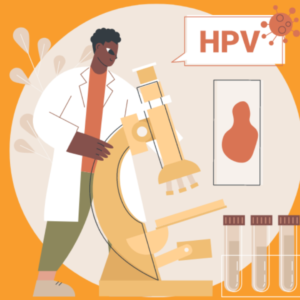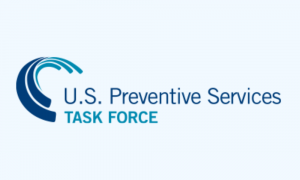How exactly do you define the term sexual health? It’s challenging because the sexual health is a broad term that includes so many aspects of health and well being.
In 2001, former U.S. Surgeon General David Satcher issued “The Surgeon General’s Call to Action to Promote Sexual Health and Responsible Sexual Behavior.” This was the first U.S. government recognition of the importance of sexual health. The report focused on sexual health as part of overall health and well being:
“Sexual health is inextricably bound to both physical and mental health. Just as physical and mental health problems can contribute to sexual dysfunction and diseases, those dysfunctions and diseases can contribute to physical and mental health problems. Sexual health is not limited to the absence of disease or dysfunction, nor is its importance confined to just the reproductive years. It includes the ability to understand and weigh the risks, responsibilities, outcomes and impacts of sexual actions and to practice abstinence when appropriate. It includes freedom from sexual abuse and discrimination and the ability of individuals to integrate their sexuality into their lives, derive pleasure from it, and to reproduce if they so choose.”
The World Health Organization (WHO) offers its own definition, touching on many of the same elements as Satcher. The WHO definition reinforces the idea that sexual health is more than the absence of disease, but also the ability to experience sexual pleasure and healthy relationships.
“…a state of physical, emotional, mental and social well-being in relation to sexuality; it is not merely the absence of disease, dysfunction or infirmity. Sexual health requires a positive and respectful approach to sexuality and sexual relationships, as well as the possibility of having pleasurable and safe sexual experiences, free of coercion, discrimination and violence. For sexual health to be attained and maintained, the sexual rights of all persons must be respected, protected and fulfilled.”
How ASHA Defines Sexual Health
In searching for our own definition of sexual health, we’ve tried to capture the many elements encompassed by the term. Here is how ASHA understands sexual health:
Sexual health is the ability to embrace and enjoy our sexuality throughout our lives. It is an important part of our physical and emotional health. Being sexually healthy means:
ASHA believes that all people have the right to the information and services that will help them to have optimum sexual health. We envision a time when stigma is no longer associated with sexual health and our nation is united in its belief that sexuality is a normal, healthy, and positive aspect of human life.
Sexual Health is About More than the Individual
As should be evident from the definitions above, sexual health is shaped by more than individual actions and experiences. There are many societal factors that play a role. For example, looking at the U.S., state and federal laws have a major influence.
- After Roe v. Wade was overturned by the Supreme Court, access to abortion care across the country changed significantly, with some states banning the procedure entirely.
- State laws also impact sex education offered in schools. According to the Guttmacher Institute, only 18 states require program content to be medically accurate, 19 states require instruction on the importance of engaging in sexual activity only within marriage, and 4 states require only negative information to be provided on homosexuality and/or positive emphasis on heterosexuality.
- The Movement Advancement Project (MAP) tracks over 50 different LGBTQ-related laws and policies, such as Insurance nondiscrimination laws and policies protect LGBTQ people from being unfairly denied health insurance coverage or from being unfairly excluded from coverage for certain health care procedures on the basis of sexual orientation or gender identity. Data shows that 44% of LGBTQ population lives in states that do not have LGBT-inclusive insurance protections.
It’s clear that the laws where a person lives can impact their sexual health, but so too can other aspects of one’s community. Access to health care providers and care facilities, as well as access to public transportation to reach care, can vary widely from place to place. For example, data show that more than 19 million women of reproductive age in the U.S. are in need of publicly funded contraception and live in “contraceptive deserts.” A contraceptive desert is defined as an area that lacks reasonable access to a health center that offers the full range of contraceptive methods. Around 1.2 million of these women live in a county without a single health center offering the full range of methods.
Laws and policies, lack of access to care and resources—not to mention structural challenges like a lack of transportation or inability to take time off from work, or even shame and stigma around accessing sexual health services—there are a number of barriers to achieving optimum sexual health. But there are also ways individuals can empower themselves and take charge of their health. The ASHA website is a great place to start. Here you can learn more about your sexual and reproductive anatomy, getting sexual health care, talking to your health care provider and your partners, and more. You’ll find information on relationships, safer sex, consent, and pleasure. There is a lot to learn and explore—get started below.










